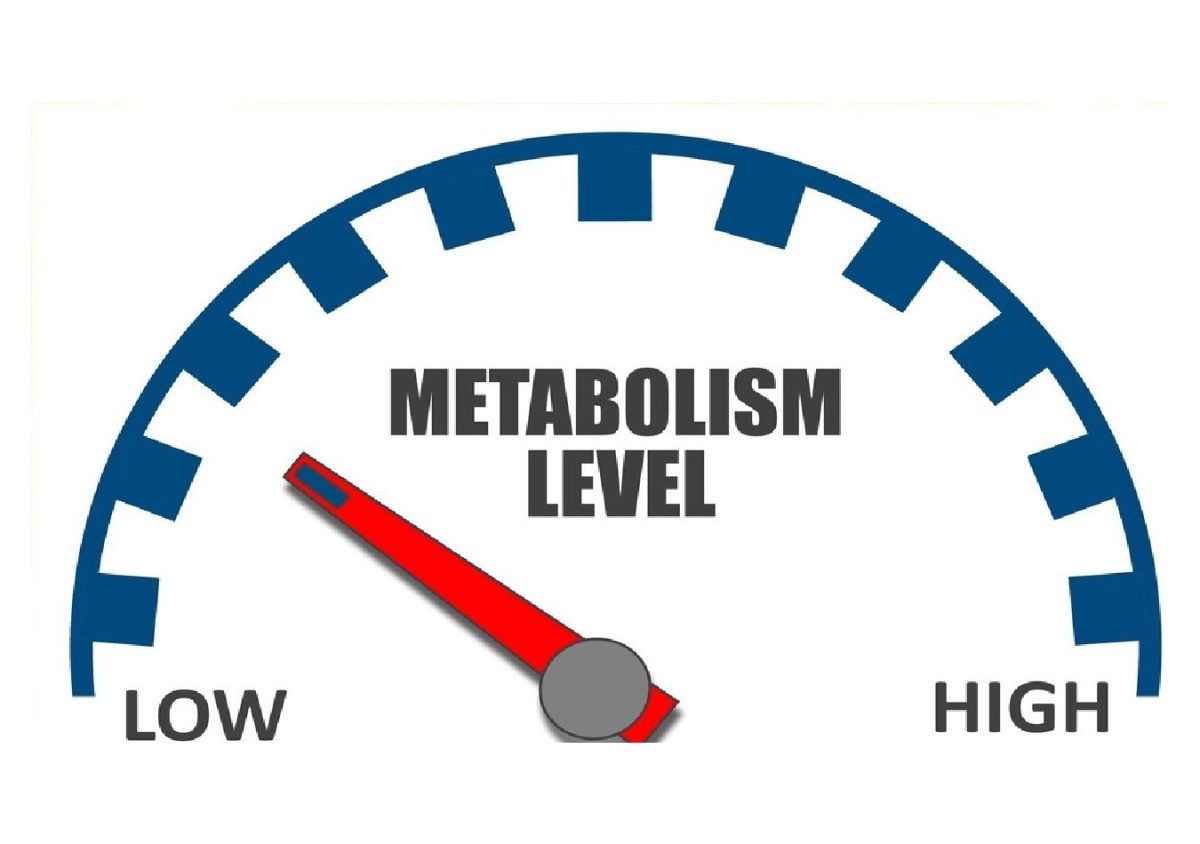 Metabolism to Mental Health: 7 Ways Losing Weight Too Fast Will Backfire
Metabolism to Mental Health: 7 Ways Losing Weight Too Fast Will Backfire

Many people get caught up in the constant urge to lose weight. And while maintaining weight is essential to a healthy lifestyle, the means that we take to achieve this healthy weight can actually do us more harm than good. It can be tempting to get into the mind frame of fast weight loss. There are so many gimmicks and trends that promote losing weight fast, that it is not surprising that so many fall victim to these “get slim quick” advertisements and products. But there are many side effects and unfavorable conditions that can come from losing weight too fast. It may look appealing in the short term, but the long-term outcome is typically not worth the trouble. The best way to lose weight is naturally over time for a number of reasons. If you want to learn just how dangerous quick weight loss can be, check out these 7 ways losing weight too fast will backfire.

The weight can come right back
One of the biggest downfalls to quick weight loss is that it can make the weight come back with a quickness. “Losing weight too quickly, especially through starvation techniques, can result in a number of side effects, some more downright dangerous than others,” says Emmie Satrazemis, a registered dietitian and Trifecta Nutrition Director. “Perhaps most notably: When people lose weight too quickly, they’re often not able to successfully keep it off.” Research shows that almost two-thirds of people who lose weight quickly will end up gaining back more weight than they lost.

You are starving your body of essential nutrients
When you don’t eat a balanced diet in order to lose weight, you are setting yourself up for potential malnutrition. “Many [quick] diets and eating plans cut out whole food groups, which means you could be missing out on key nutrients, vitamins, and minerals that you need to stay healthy,” says Bonnie Taub-Dix, registered dietitian, author, and nutritionist. And a lack of nutrients can lead to many harmful side effects, such as decreased energy, hair loss, immune system issues, weakened bones, and brittle nails.

You can slow down your metabolism
Many rapid weight loss plans require a drop in calories to something in the range of 1200 calories a day. This decrease in calories makes our bodies believe that it is in starvation mode, and must go into survival mode as well. “When your body goes into starvation mode, your metabolism will slow down to help you conserve energy and your body will hang onto more fat,” says personal trainer Kristina Alai. One rule to follow is that if you are cutting calories, don’t cut more than 500 per day than your regular caloric intake. “This approach may not offer the same instant gratification, but you’ll actually transform your body in the long run,” says Keri Gans, registered dietitian nutritionist, and certified yoga instructor.

You may start losing muscle and not fat
Just because you are dropping weight doesn’t mean it is actually fat. You could be losing muscle. “When we lose weight, we want to get rid of true adipose tissue. Not muscle mass. I’ve never met someone who complained about having a higher percentage of body muscle,” says Jessica Crandall Snyder, a registered dietitian, and spokeswoman for the Academy of Nutrition and Dietetics.

You could suffer from dehydration
The first two weeks may help you see a lot of weight loss due to water weight. “Especially on low-carb or no-carb diets, folks will lose a lot of water weight,” says Taub-Dix. This is especially true for fads like the keto diet. This rapid weight loss through water weight is dangerous because of the risk of dehydration. This is why it is essential to couple your weight loss strategies with plenty of hydration.

You will probably feel very hungry
If you are not eating a lot you are likely going to throw your leptin levels out of whack, which are responsible for controlling hunger hormones. If you do not have regular leptin levels, your brain will think that you are hungry and you will likely binge eat and become obsessed with food. Additionally, when you restrict yourself heavily, you actually negatively impact the body and the mind.

Your mental health could begin to suffer
Because the body is directly in sync with the mind, how you change your physical state will directly affect your mental health. “If someone doesn’t have time to settle into their new body shape and weight, it can lead to things like body dysmorphia, anorexia, or bulimia, ” says Taub-Dix. Promoting a healthy transformation of the body is critical in maintaining your mental health.